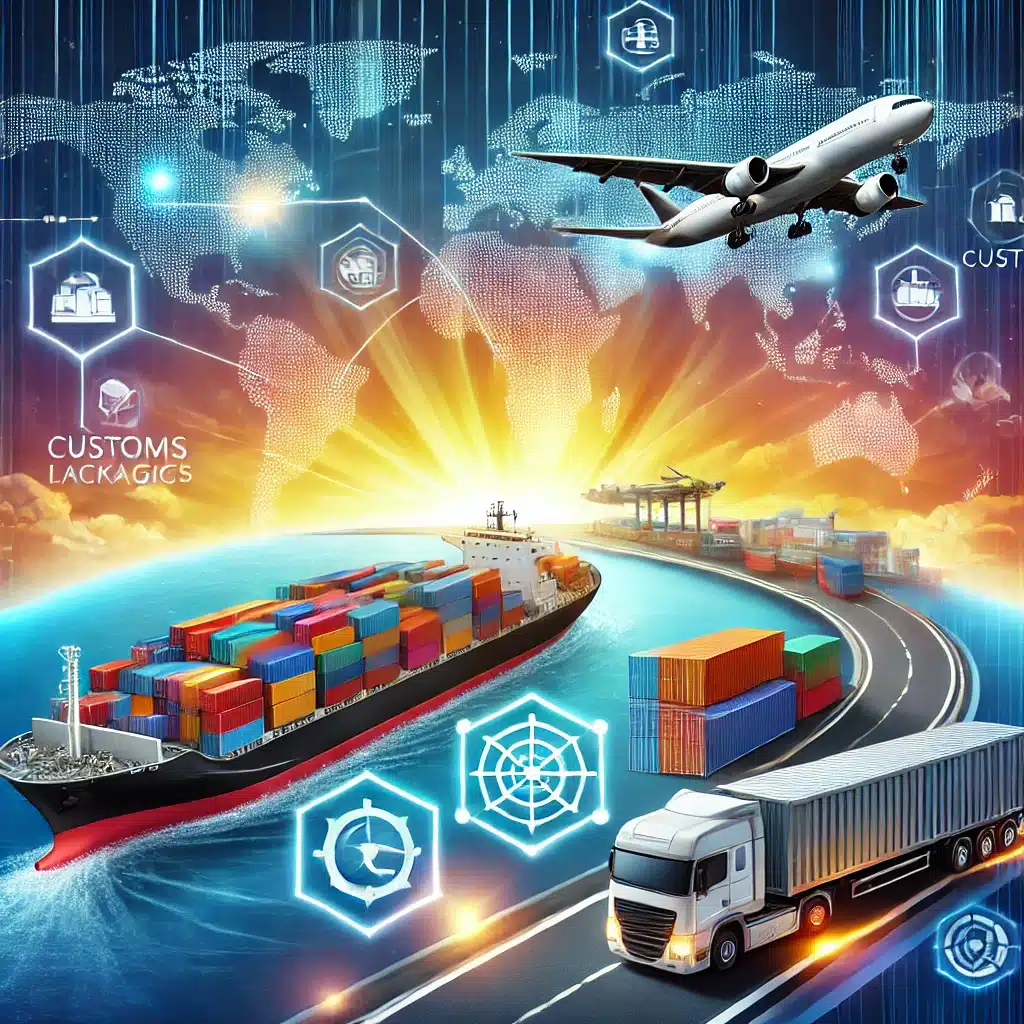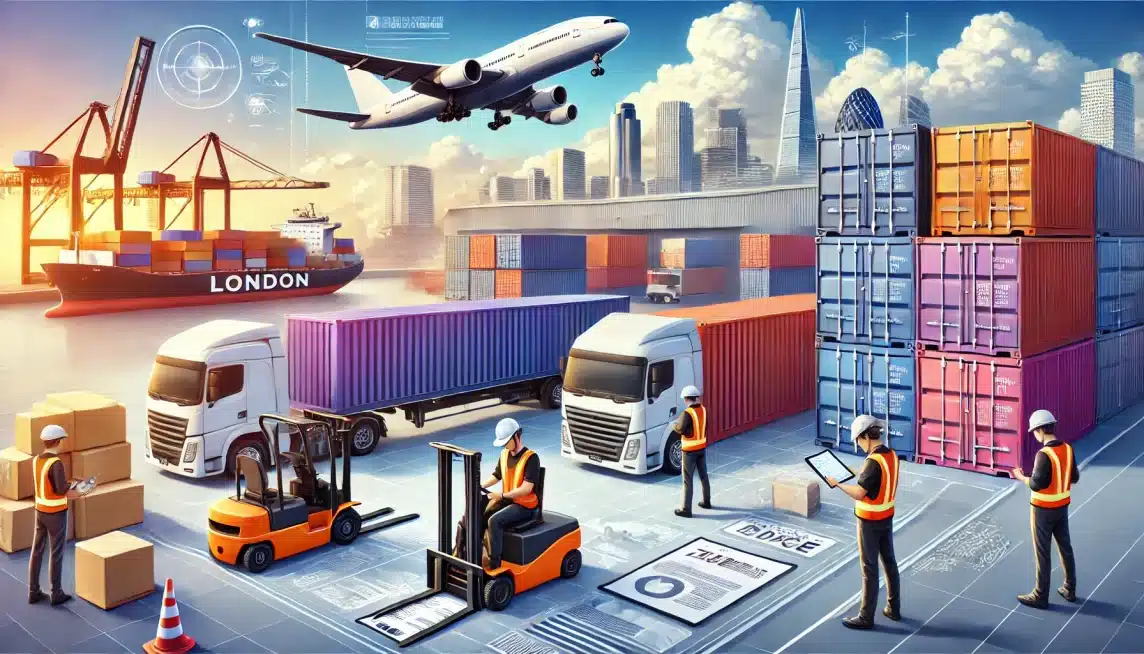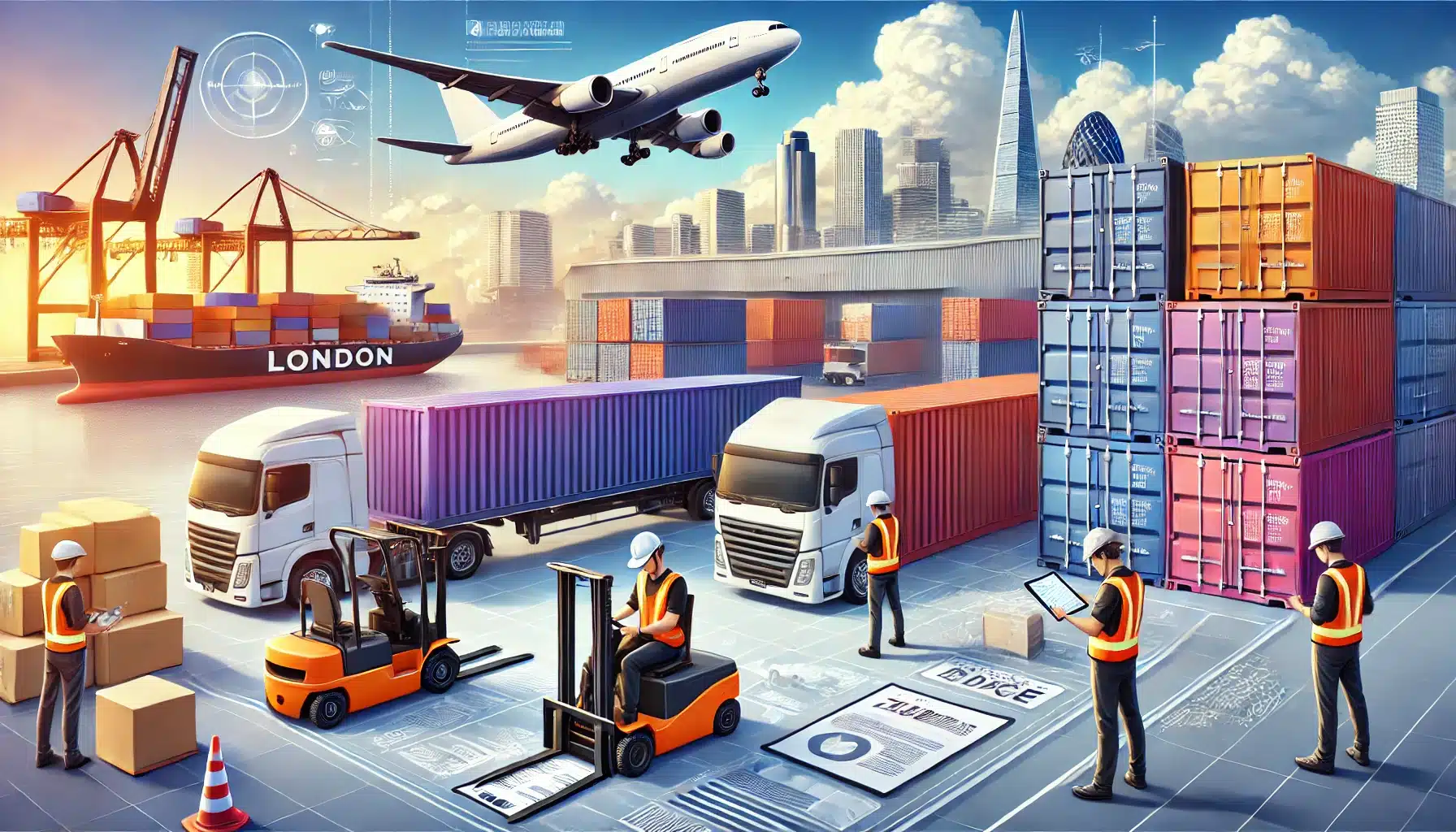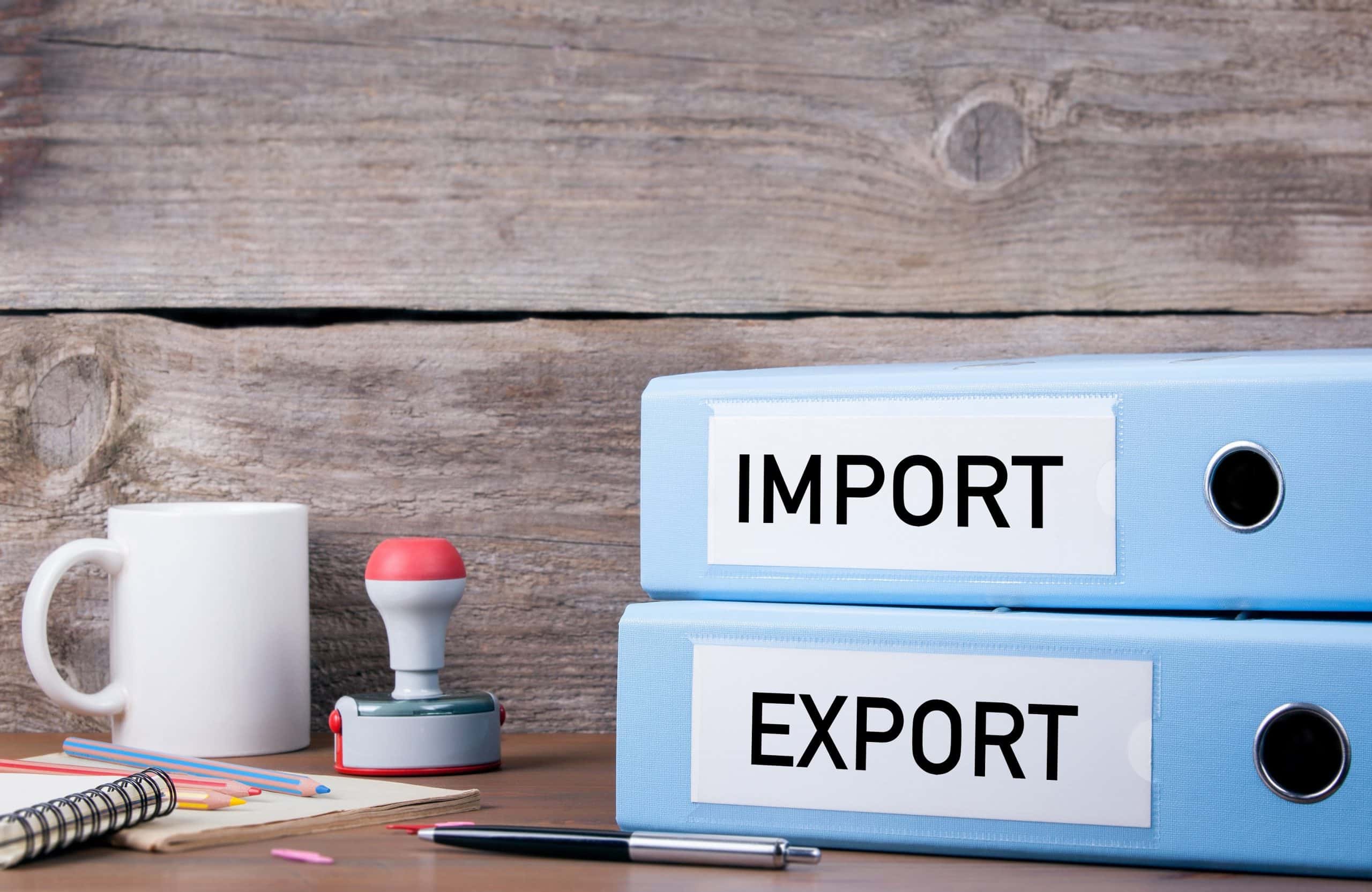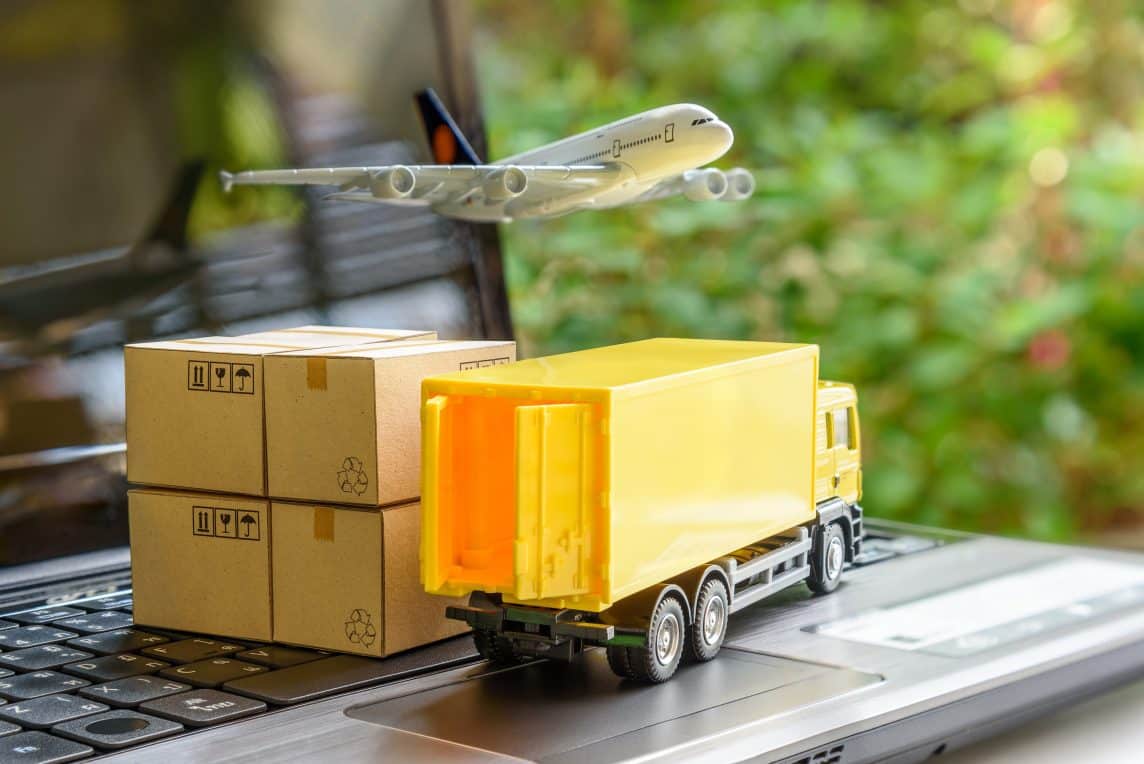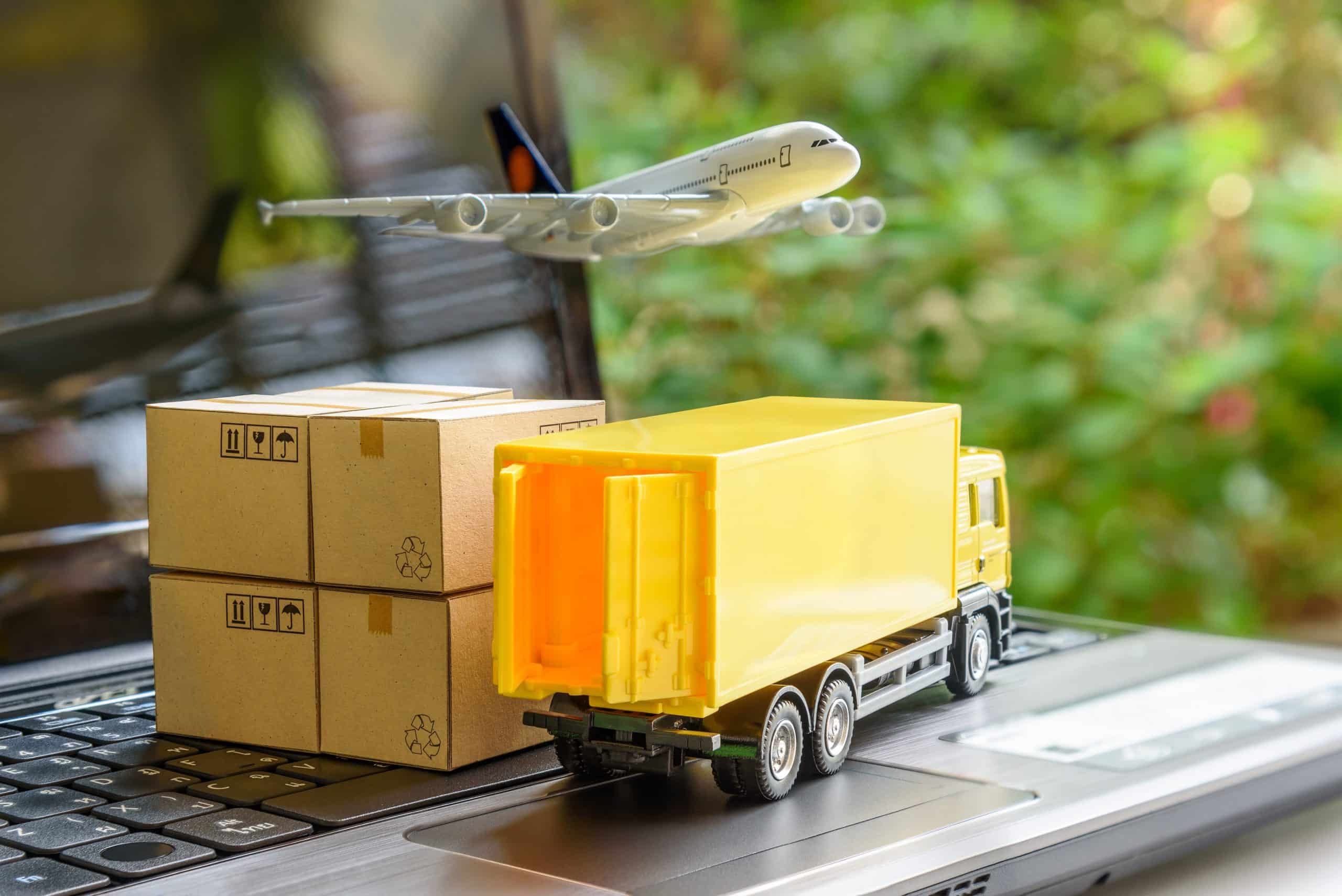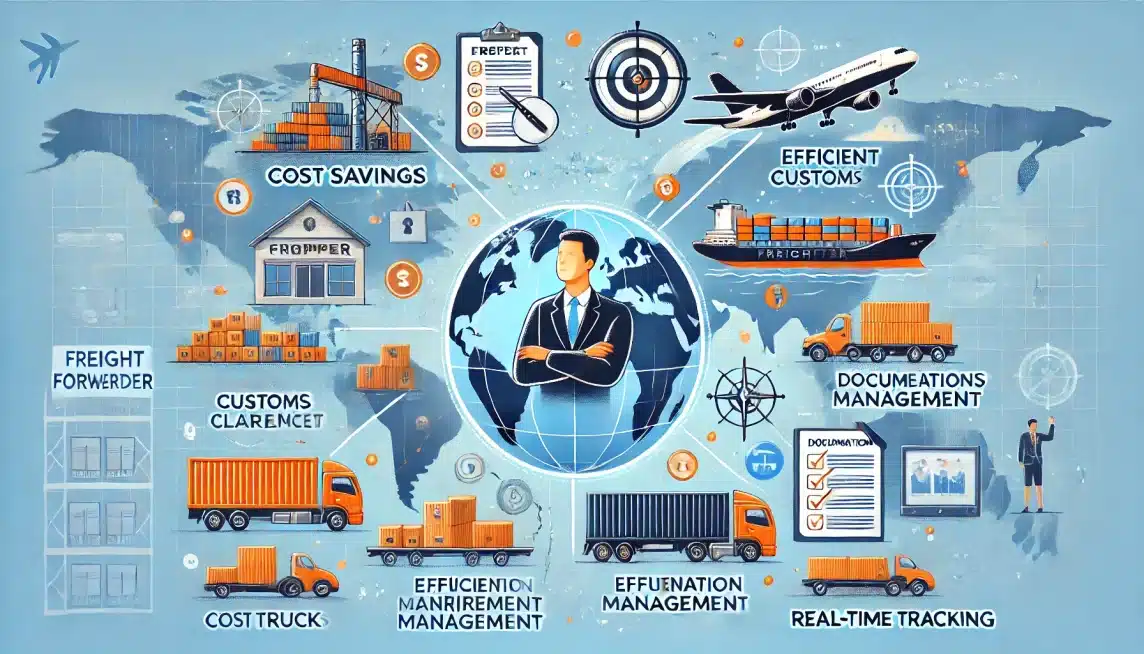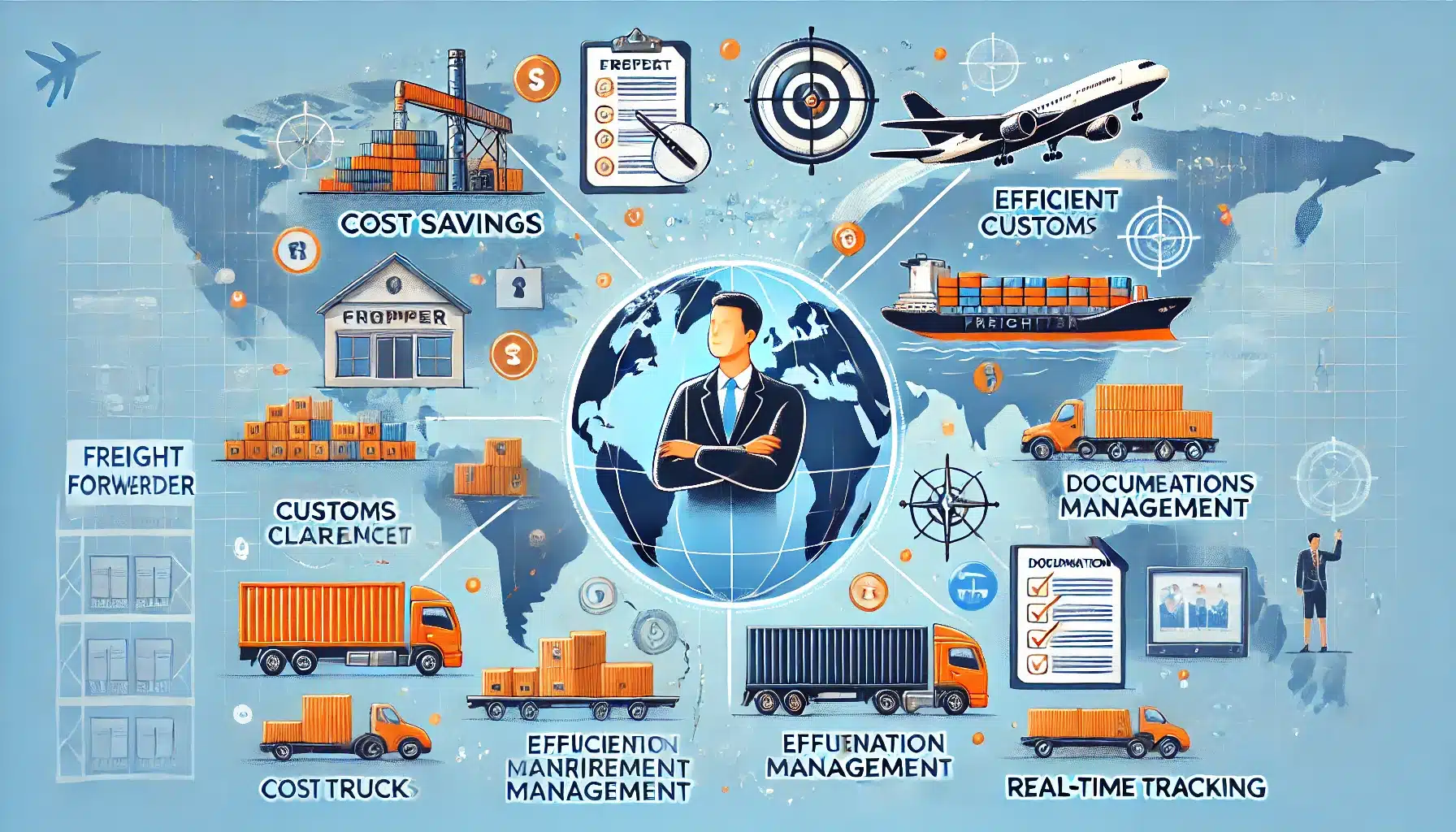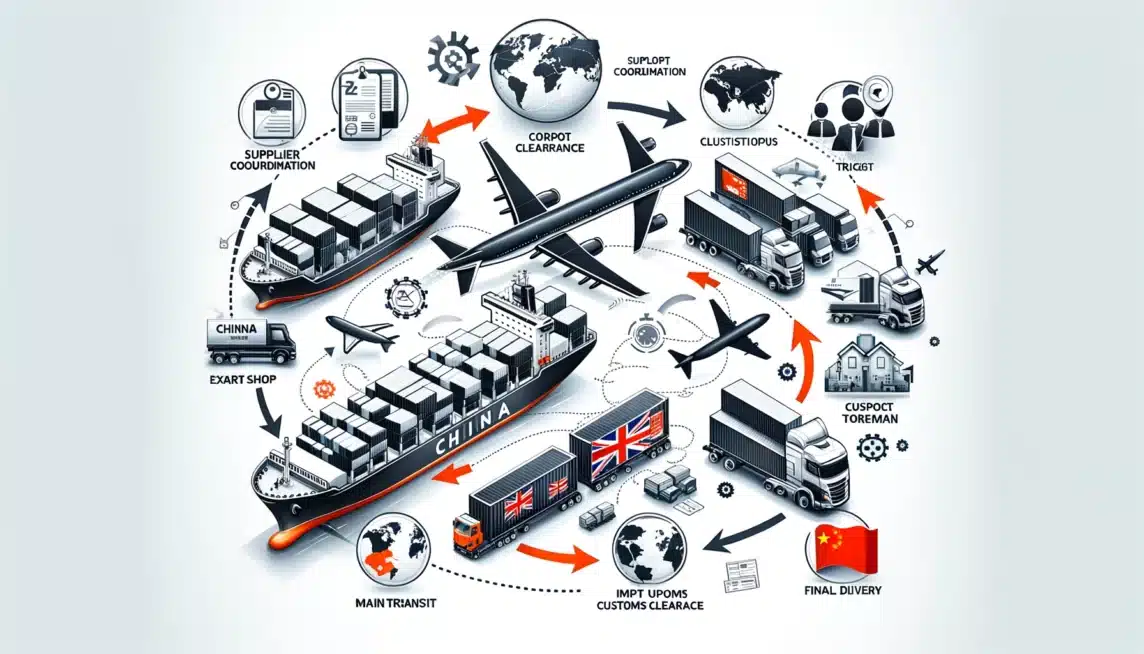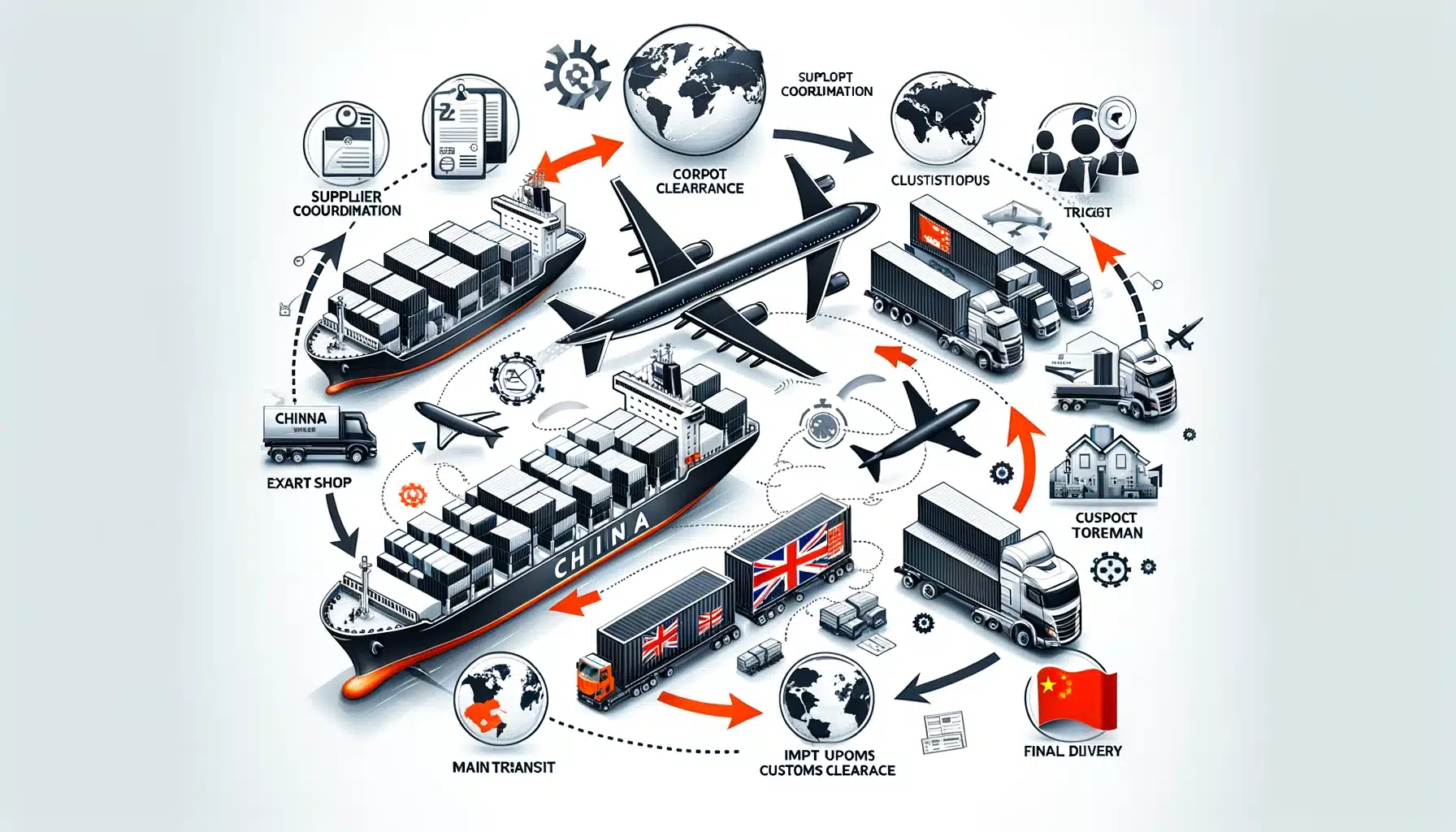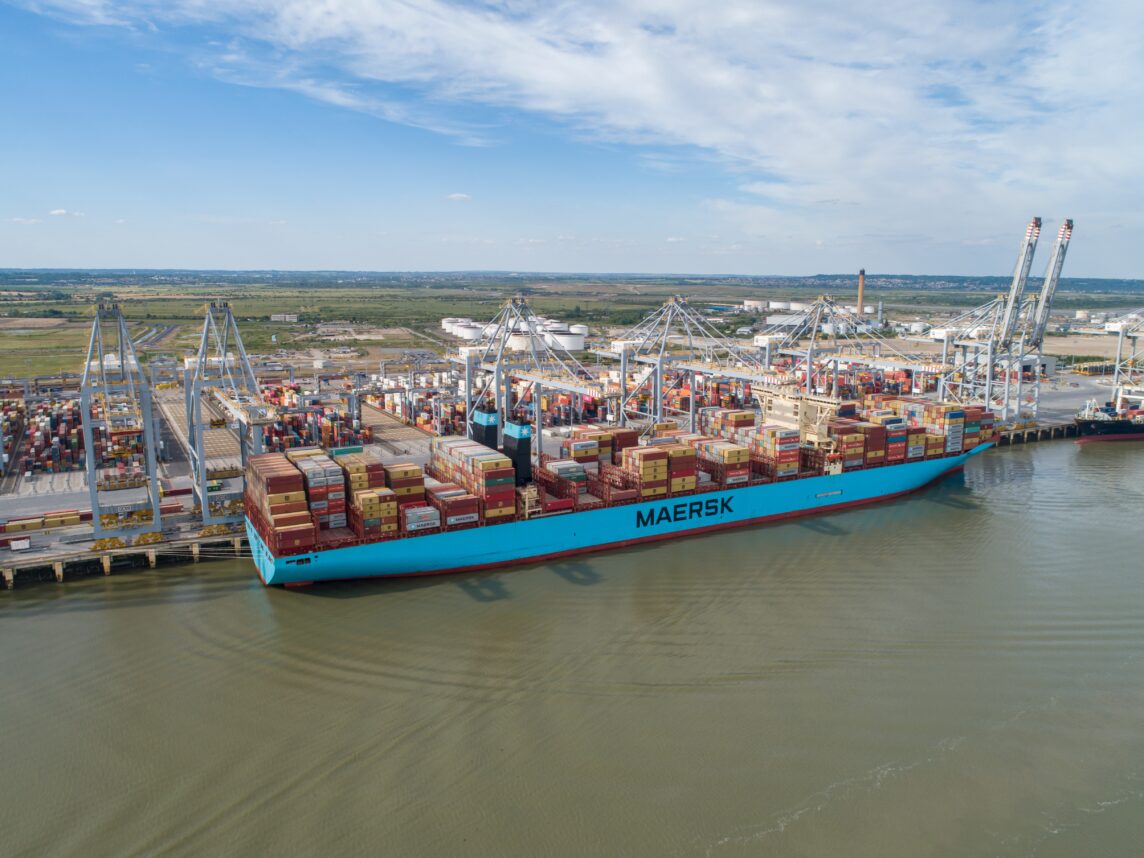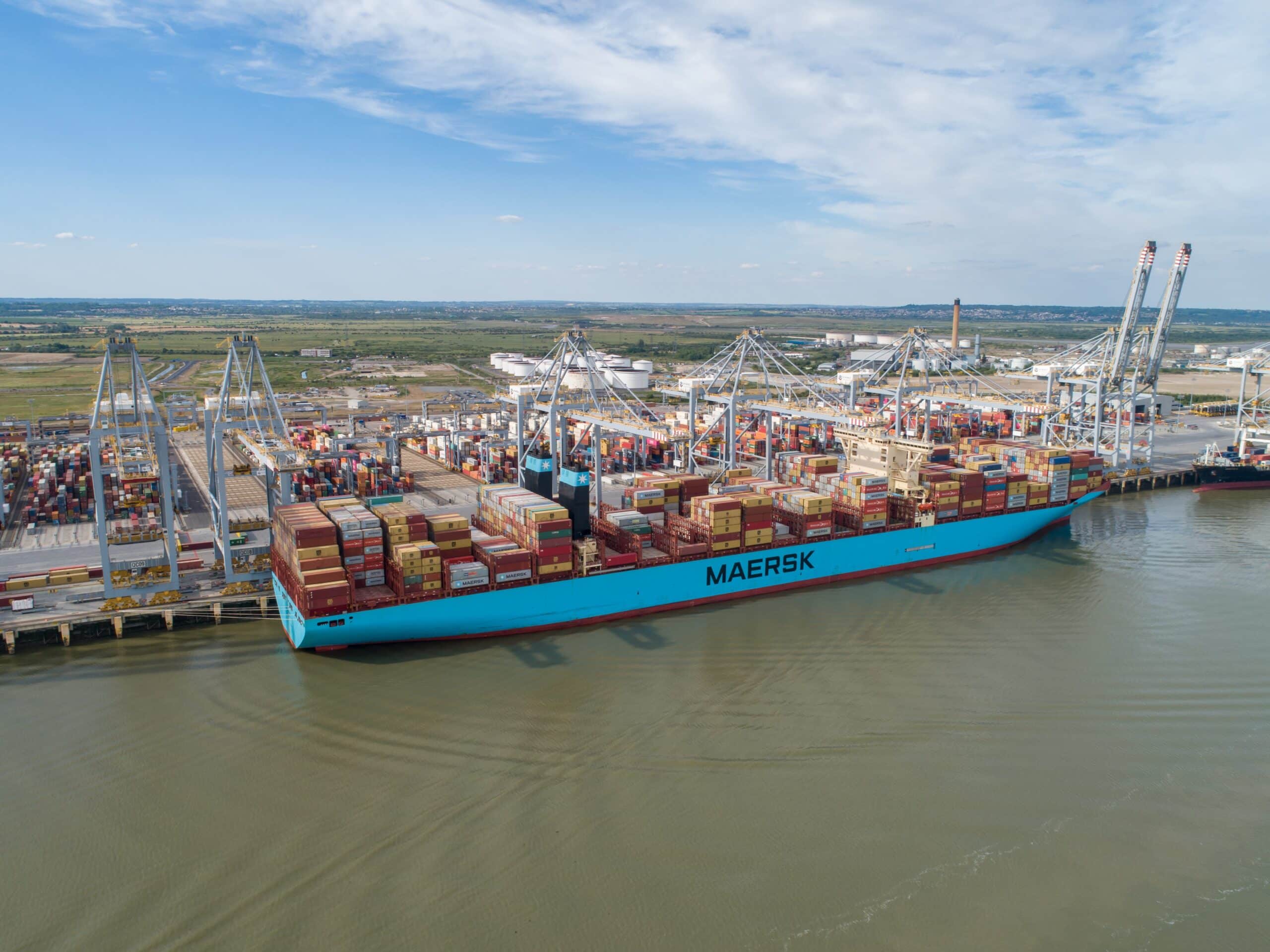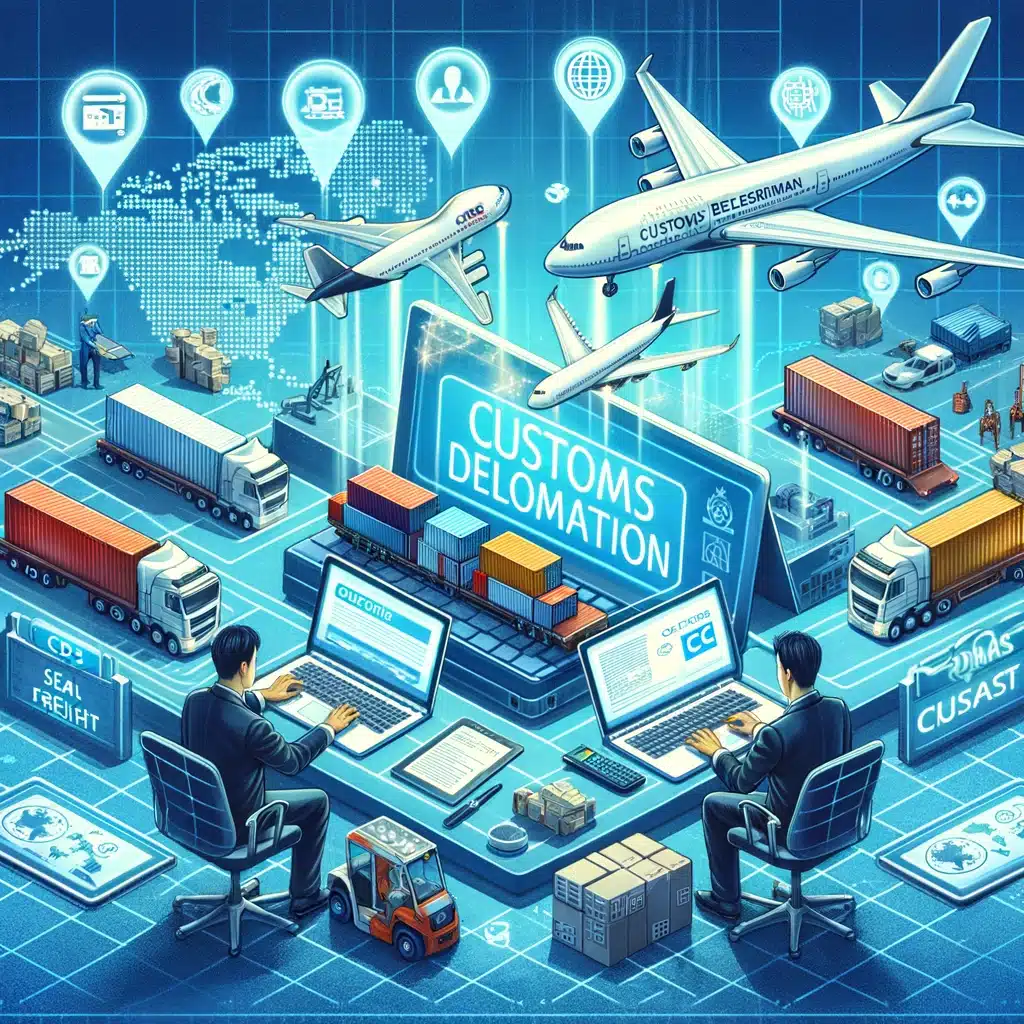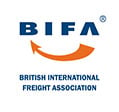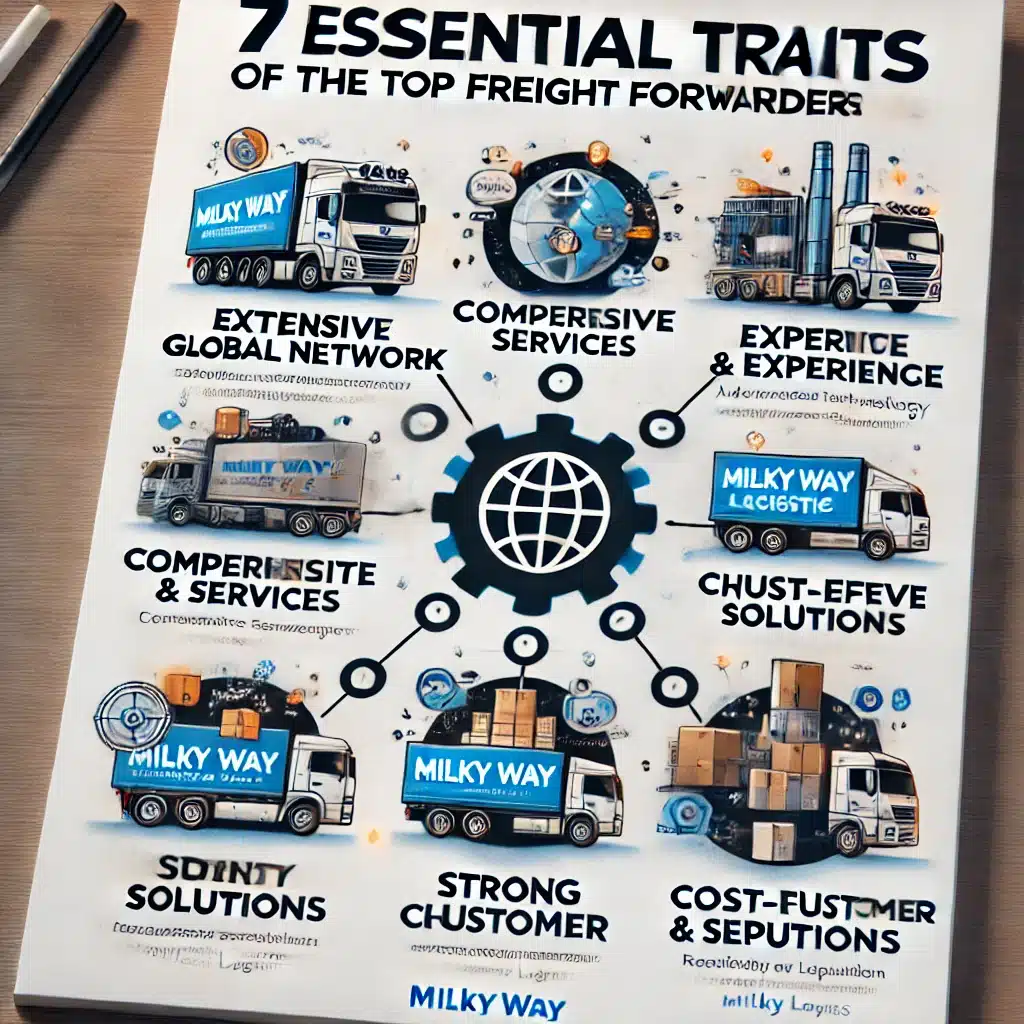
Milky Way Logistics presents 7 Essential Traits of the Top Freight Forwarders in the UK
7 Essential Traits of the Top Freight Forwarders in the UK
Choosing the right freight forwarder is crucial for any business involved in international trade. The top freight forwarders in the UK offer a range of services that ensure efficient, cost-effective, and secure transportation of goods across borders. At Milky Way Logistics, we understand the importance of reliable freight forwarding and are committed to providing top-notch services. Here are seven essential traits that set the best freight forwarders apart in the UK.
1. Extensive Global Network of Top Freight Forwarders in the UK
One of the most critical traits of top freight forwarders in the UK is their extensive global network. A well-established network of partners and agents across the world ensures that your goods can be transported efficiently and smoothly. This network facilitates better coordination, faster transit times, and more competitive rates.
2. Comprehensive Range of Services
The best freight forwarders offer a comprehensive range of services, including air, sea, and land transportation. They provide end-to-end solutions that cover everything from packaging and warehousing to customs clearance and final delivery. This all-in-one approach simplifies the logistics process and ensures that all aspects of shipping are handled professionally.
3. Expertise and Experience of Top Freight Forwarders in the UK
Experience matters in freight forwarding. Top freight forwarders in the UK have years of experience handling various types of cargo, navigating complex customs regulations, and managing international shipping logistics. Their expertise ensures that your shipments are handled efficiently and that potential issues are identified and resolved quickly.
4. Advanced Technology and Tracking
In today’s digital age, technology plays a significant role in logistics. Leading freight forwarders use advanced technology to offer real-time tracking and monitoring of shipments. This transparency allows businesses to keep track of their goods at every stage of the journey, providing peace of mind and enabling better planning and coordination.
5. Strong Customer Support
Excellent customer support is a hallmark of top freight forwarders. They provide dedicated account managers who understand your business needs and offer personalized support. Whether you need assistance with documentation, customs issues, or shipment tracking, their customer support team is always ready to help.
6. Cost-Effective Solutions
While cost should not be the only factor in choosing a freight forwarder, it is certainly an important one. Top freight forwarders in the UK offer competitive rates without compromising on service quality. They leverage their extensive network and industry relationships to provide cost-effective solutions that meet your budget requirements.
7. Reliability and Reputation
Reliability and reputation are perhaps the most critical traits of the best freight forwarders. They have a proven track record of delivering shipments on time and in good condition. Positive reviews and testimonials from satisfied customers are a testament to their reliability and high-quality service.
Choosing Milky Way Logistics as Your Freight Forwarder
At Milky Way Logistics, we pride ourselves on being one of the top freight forwarders in the UK. Our extensive global network, comprehensive range of services, and commitment to customer satisfaction make us the preferred choice for businesses looking to streamline their logistics operations.
Our Services Include:
- Air Freight: Fast and reliable air freight services to meet tight deadlines.
- Sea Freight: Cost-effective sea freight solutions for large volumes of goods.
- Land Transport: Efficient road and rail transport for domestic and cross-border shipments.
- Customs Clearance: Expert handling of customs documentation and procedures to ensure smooth transit.
- Warehousing and Distribution: Secure warehousing facilities and efficient distribution services to manage your inventory.
Why Choose Us?
- Experienced Team: Our team of logistics experts has years of experience in the industry.
- Advanced Technology: We use the latest technology for real-time tracking and efficient logistics management.
- Customer Support: Our dedicated customer support team is available to assist you at every step.
- Competitive Rates: We offer competitive pricing without compromising on service quality.
- Reliable Service: Our track record of timely deliveries and satisfied customers speaks for itself.
Conclusion
Choosing the right freight forwarder can make a significant difference in your business’s logistics operations. By focusing on key traits such as a global network, comprehensive services, experience, technology, customer support, cost-effectiveness, and reliability, you can ensure that your goods are in safe hands. At Milky Way Logistics, we embody these traits and are committed to providing top-tier freight forwarding services in the UK.
For more information about our services and how we can help streamline your logistics, contact us today. Let Milky Way Logistics be your trusted partner in global trade.
